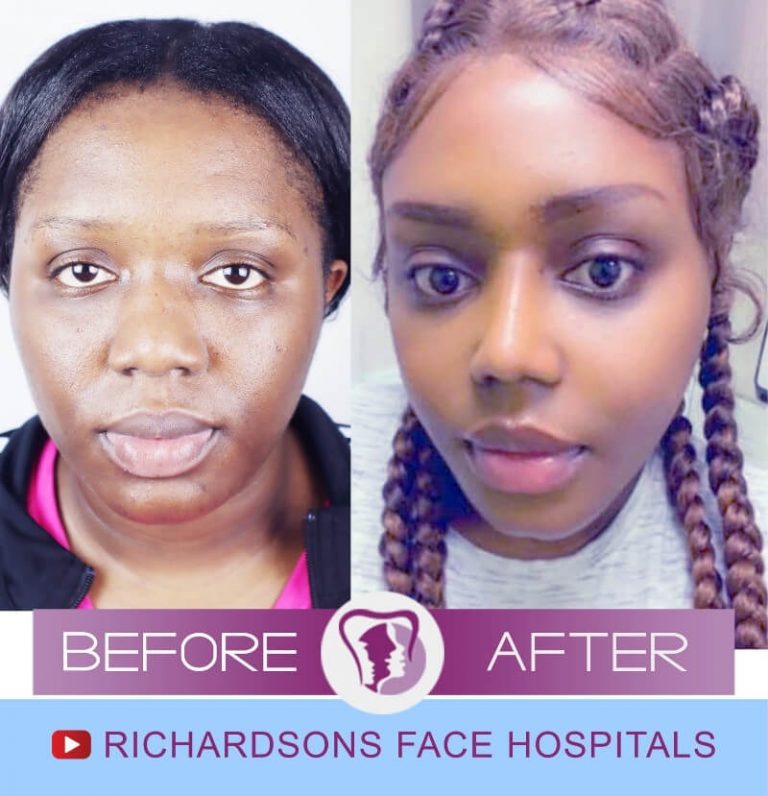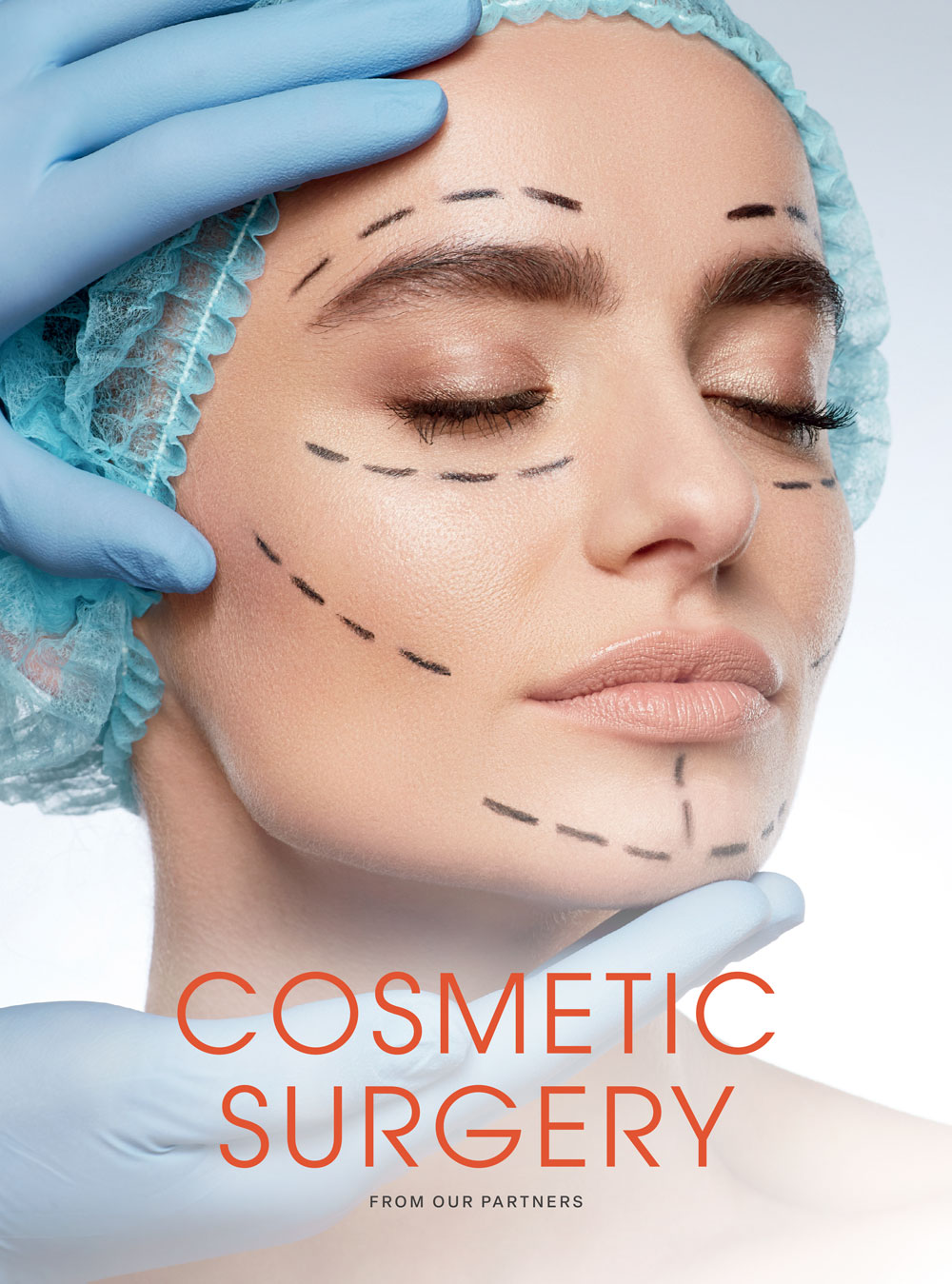A Deep Study the Usual Validation for Seeking Aesthetic Surgery: Unloading the Wish for Modification and Self-Improvement

Societal Stress and Beauty Criteria
Often, societal pressures and dominating charm standards play a significant function in people' choices to seek cosmetic surgical treatment (liposuction bellevue). In modern society, graph greatly influences individual assumptions of attractiveness, often perpetuated by media, celebrity endorsements, and social platforms. These networks frequently advertise idealized versions of charm, leading people to internalize these requirements and assess their self-respect against them

Furthermore, these stress are not restricted to particular demographics; they influence individuals across different ages, sexes, and backgrounds, highlighting the pervasive nature of beauty criteria. This prevalent impact elevates essential questions regarding the ethics of plastic surgery and the implications of societal requirements on private selections. Eventually, comprehending these pressures is crucial for promoting an extra inclusive definition of beauty that commemorates variety.
Personal Experiences and Transformative Stories
Numerous individuals who go through cosmetic surgery record transformative experiences that prolong past simple physical changes. For lots of, these procedures function as a stimulant for enhanced self-esteem and a restored feeling of identification. Individuals often define sensation liberated from long-standing instabilities, bring about enhanced confidence in both expert and personal realms.
Take, as an example, the story of a girl that underwent breast augmentation after years of sensation uncomfortable concerning her look. Post-surgery, she reported not only a newly found convenience in her body however likewise a substantial renovation in her social life and job opportunities. Similarly, a middle-aged man that picked to undertake a facelift shared exactly how the treatment revitalized his overview on life, prompting him to seek brand-new interests and relationships.

Mental Variables Behind Aesthetic Surgery
Countless mental aspects contribute to the choice to go through cosmetic surgical procedure, reflecting deeper mental and emotional wellness factors to consider. Individuals commonly seek surgical enhancements as a method to resolve sensations of inadequacy, low self-worth, or discontentment with their appearance. These mental motivations can be rooted in previous experiences, social comparisons, or personal ambitions.
Body image distortion is a common problem, where individuals view their physical qualities in an exaggeratedly adverse light. This distortion can bring about obsessive thoughts concerning regarded defects, motivating the need for medical alteration as a remedy. Additionally, the search of perfection and societal pressures can amplify these sensations, pushing individuals toward aesthetic treatments in hopes of achieving an idealized version of themselves.
Furthermore, the principle of self-improvement plays a critical duty. Lots of people check out plastic surgery as a pathway to improve their lifestyle, thinking that enhanced look will certainly bring about increased social acceptance, better connections, or improved occupation chances. Inevitably, the psychological elements behind cosmetic surgical treatment emphasize the complicated interplay between private self-perception and external influences, exposing the complex nature of the wish for change.
The Function of Media in Understanding
In today's culture, media plays an essential role in shaping understandings of elegance and self-respect. Via various platforms-- social media, television, and marketing-- idealized criteria of appeal are commonly disseminated, influencing private ambitions and self-image. These portrayals often highlight narrow definitions of good looks, mostly including vibrant, slim, and electronically improved pictures, which can create unrealistic standards for people aiming to conform.
The influence of media is further exacerbated by the prevalent nature of social media sites, where users are pounded with curated content that highlights aesthetic improvements, supporting a culture of contrast. This continuous exposure can result in feelings of insufficiency among viewers, prompting them to consider cosmetic surgical treatment as a method of attaining the regarded perfect. Research suggests that individuals who engage with these media representations are a lot more likely to share discontentment with their look, enhancing the wish for surgical interventions.
Moreover, the normalization of plastic surgery in media narratives can desensitize target markets, framing such treatments as commonplace and even essential for social approval. Hence, the media's portrayal of appeal not just affects individual selections pertaining to plastic surgery but also adds to a broader social discussion regarding self-regard and identity.
Ethical Considerations and Future Fads
Amidst the growing appeal of plastic surgery, honest factors to consider surrounding the practice have come to be significantly noticeable. As the demand for procedures rises, so as well do problems relating to notified consent, the mental inspirations of patients, and the capacity for exploitation by doctors. It is crucial for professionals to ensure that clients totally recognize the benefits and dangers, along with the effects of their selections, to cultivate a liable technique to cosmetic enhancements.
Additionally, the influence of social networks and beauty criteria questions concerning the effect on mental health and wellness, particularly among see this page susceptible populaces. As understanding of body photo problems grows, honest technique demands a mindful analysis of the motivations behind surgical treatments. Surgeons have to balance patient desires with moral responsibility, guaranteeing that decisions are rooted in authentic self-improvement instead than social pressures.
Wanting to the future, trends might shift towards non-invasive and highly advanced treatments, stressing patient safety and contentment. In addition, check that the consolidation of emotional examinations can assist resolve underlying concerns before medical intervention. The plastic surgery area have to adjust to these honest difficulties while promoting a society of openness and self-acceptance, ultimately focusing on the health of clients.
Conclusion
Finally, the pursuit of plastic surgery is affected by an assemblage of social pressures, individual experiences, and mental elements. The desire for alignment with prevailing appeal standards, combined with the possibility for transformative outcomes, highlights the complicated inspirations driving individuals towards these treatments. Furthermore, the duty of media fit understandings of appeal can not be understated. As moral considerations develop, future patterns in plastic surgery will likely show continuous social discussions surrounding self-improvement and specific identification.
Regularly, societal pressures and prevailing elegance requirements play a considerable function in individuals' decisions to pursue cosmetic surgical procedure. liposuction bellevue. Inevitably, these get more transformative stories highlight the complex reasons people seek cosmetic surgical treatment, intertwining personal development with the quest of visual improvement
Many individuals watch cosmetic surgery as a pathway to improve their quality of life, thinking that improved appearance will lead to boosted social approval, better relationships, or boosted career opportunities. Ultimately, the psychological elements behind cosmetic surgery underscore the intricate interplay in between specific self-perception and external influences, revealing the complex nature of the need for modification.
As moral considerations progress, future patterns in cosmetic surgical treatment will likely mirror ongoing societal discussions bordering self-improvement and private identity. liposuction bellevue.